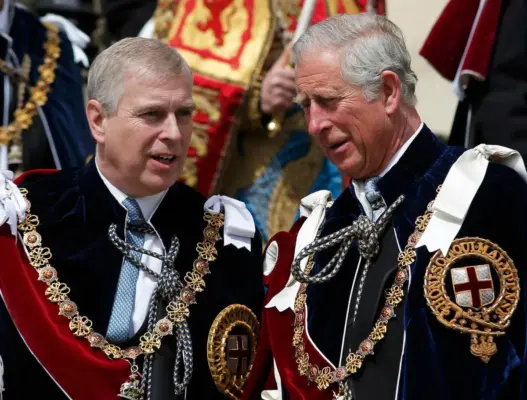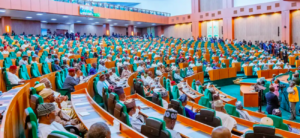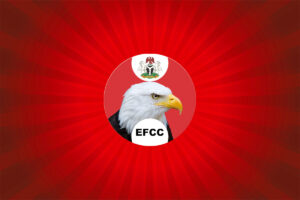King Charles III has initiated steps to remove his brother, Prince Andrew, from the royal fold, stripping him of his royal titles and evicting him from Royal Lodge in Windsor.
The decision marks the most forceful action yet by the monarchy to address the scandal surrounding Andrew’s links to convicted sex offender Jeffrey Epstein.
Buckingham Palace described the measures as “necessary censures”, signaling the deepest internal rift within the British royal family in decades.
The steps are aimed at containing the fallout from Andrew’s decades-long association with Epstein, which has repeatedly drawn public scrutiny and criticism.
At 65, Andrew has faced ongoing controversy for over 15 years over his ties to Epstein, which intensified following the posthumous release of memoirs by Virginia Giuffre, who accused Andrew of sexually assaulting her as a teenager a claim the prince has consistently denied.
Giuffre, who said she had been trafficked by Epstein, died by suicide in April at age 41.
Giuffre’s family issued a statement on Thursday praising her courage: “Today, an ordinary American girl, from an ordinary American family, brought down a British prince with her truth and extraordinary courage.”
Her brother, Sky Roberts, described the day as “joyous and happy and sad” in an interview with CNN.
According to Buckingham Palace, Andrew will now adopt the surname Andrew Mountbatten Windsor. His eviction from Royal Lodge follows the formal notice to surrender his lease, which had previously allowed him to remain on the royal estate.
Read Also
He will relocate to a property on the Sandringham Estate, approximately 100 miles north of London, with housing costs privately funded by King Charles.
READ ALSO: Prince Charles denies wrongdoing over alleged Qatari Cash Donation
“These censures are deemed necessary, notwithstanding the fact that he continues to deny the allegations against him,” the Palace stated.
The Palace acted after determining that Andrew had exhibited serious lapses in judgment, despite his denials of wrongdoing. Earlier this month, the prince had attempted to quell public scrutiny by voluntarily relinquishing his titles, but the move failed to halt negative headlines or questions about his reported multimillion-dollar settlement with Giuffre in 2022 and his ability to maintain a lavish lifestyle despite not being an active working royal since 2019.
Public anger was fueled further after reports revealed that Andrew had purchased Royal Lodge in 2003 for $1 million, with only a nominal rent payable annually under the lease agreement.
Despite the revocation of his titles—including Earl of Inverness, Baron Killyleagh, Knight Grand Cross of the Royal Victorian Order, and Royal Knight Companion of the Most Noble Order of the Garter—Andrew remains eighth in line to the throne.
Removing him from the line of succession would require legislation and the consent of Commonwealth nations, a process likely to take significant time. The last comparable instance was Edward VIII’s abdication in 1936.
Buckingham Palace concluded its statement by reaffirming support for abuse victims:
“Their Majesties wish to make clear that their thoughts and utmost sympathies have been, and will remain with, the victims and survivors of any and all forms of abuse.”
This historic decision underscores the monarchy’s determination to protect its reputation while addressing one of its most high-profile scandals in recent memory.





